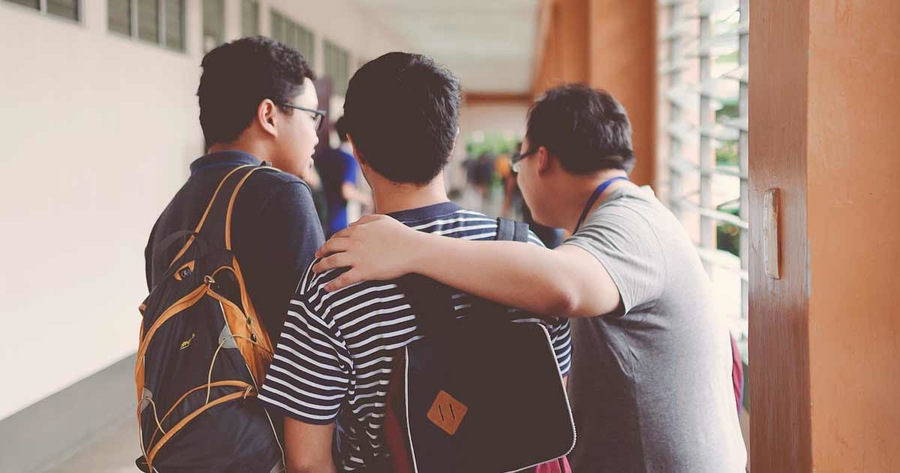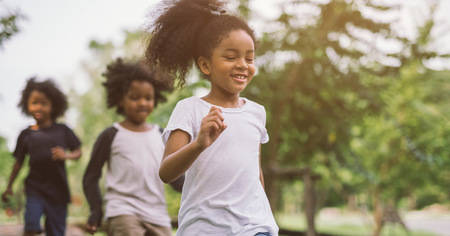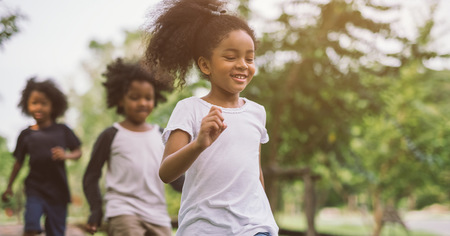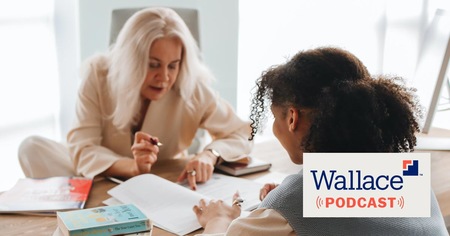Our culture has lost the welcoming attitude that many of us grew up with, instead replaced by confusion, aggression, reactivity and—at times—downright hostility toward those who are different than us.
If we as educators are seeing the change and feeling the difference in our cultural climate, what are our students feeling? There's no doubt that they too are witnessing a shift around them. When adults are stressed, children get stressed. When change happens, children are not oblivious to it.
In the midst of turmoil, it's up to us as educators to create safe spaces, and within those safe spaces, offer an alternative to how things currently are. That's where Social and Emotional Learning (SEL) comes in. SEL is defined by CASEL as, "the process through which children and adults acquire and effectively apply the knowledge, attitudes and skills necessary to understand and manage emotions, set and achieve positive goals, feel and show empathy for others, establish and maintain positive relationships, and make responsible decisions."
In other words, SEL provides a structure where children can become good, empathetic, caring and respectful human beings—and we need those people in this world.
Many educators see SEL as an intimidating thing to take on. How do you teach students to be good humans? How can we impart emotional wisdom to young people? How can we make space in a busy day of programming to talk about empathy?
These are all good questions, but the beautiful thing about SEL is this: The learning is all in how we live; it's all in our actions.
Students learn empathy by actively being empathetic to others and understand how to have good relationships by working through challenges with their family members and peers. They embrace caring for others by getting out of their comfort zones and saying yes to those who need them and learn to understand those who are different from them by finding common ground in real time, even if it's challenging to do. Lastly, students learn from educators, like us, as we model SEL every single day.
Teaching SEL means that we live SEL, and accepting that we, as adults and educators, have a lot to learn about how we manage our own emotions. It means being honest with ourselves—and our students—about how we're still figuring out what it means to have strong, healthy relationships. It also means walking alongside our students as we figure out life—inside and outside the classroom. We must commit to empathy, to caring for others, to being respectful of differences and to admitting when we're wrong. It means that we try, because our young people deserve it.
Today's world isn't an easy one, but it is possible to grow within it. Use today's world as an opportunity to show students how they can be more caring, open and loving to those around them—and to those they've never met before. Even better, learn these skills with them; it's possible with courage and commitment. It takes knowing that we matter and we have the power to be better than we've been before—both individually and together.
Kristin Lorey is the Director of Education at Every Monday Matters. Every Monday Matters offers free, fun, and engaging SEL curriculum for students in grades K-12, to be used in afterschool spaces. EMM's You Matter Curriculum is currently accessed by more than 4,000 educators representing 1.5 million students.




